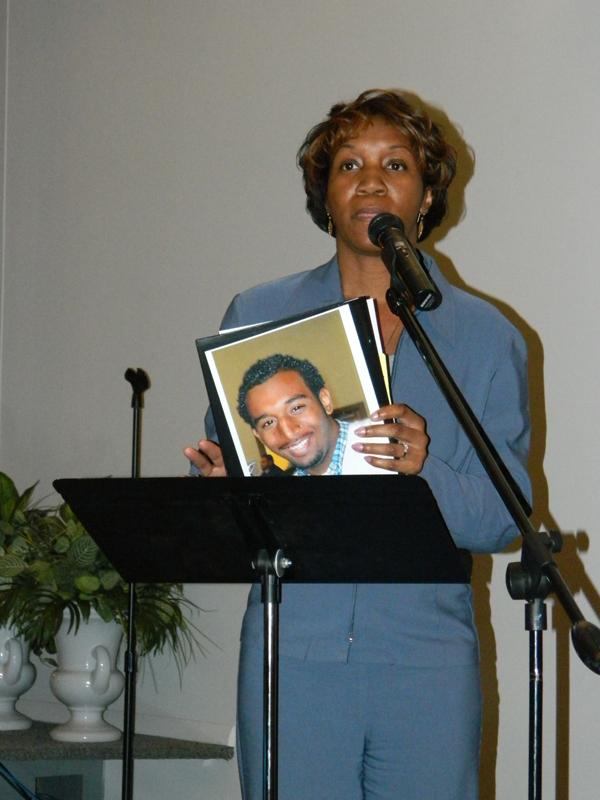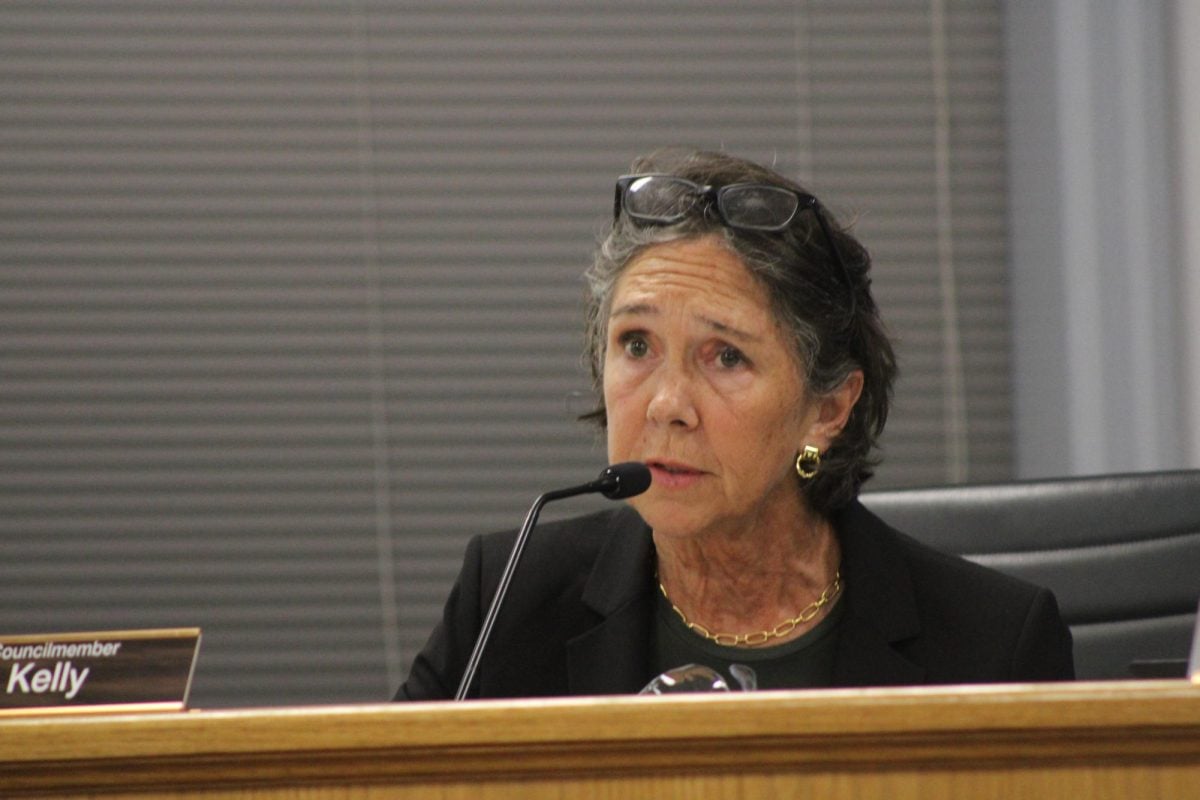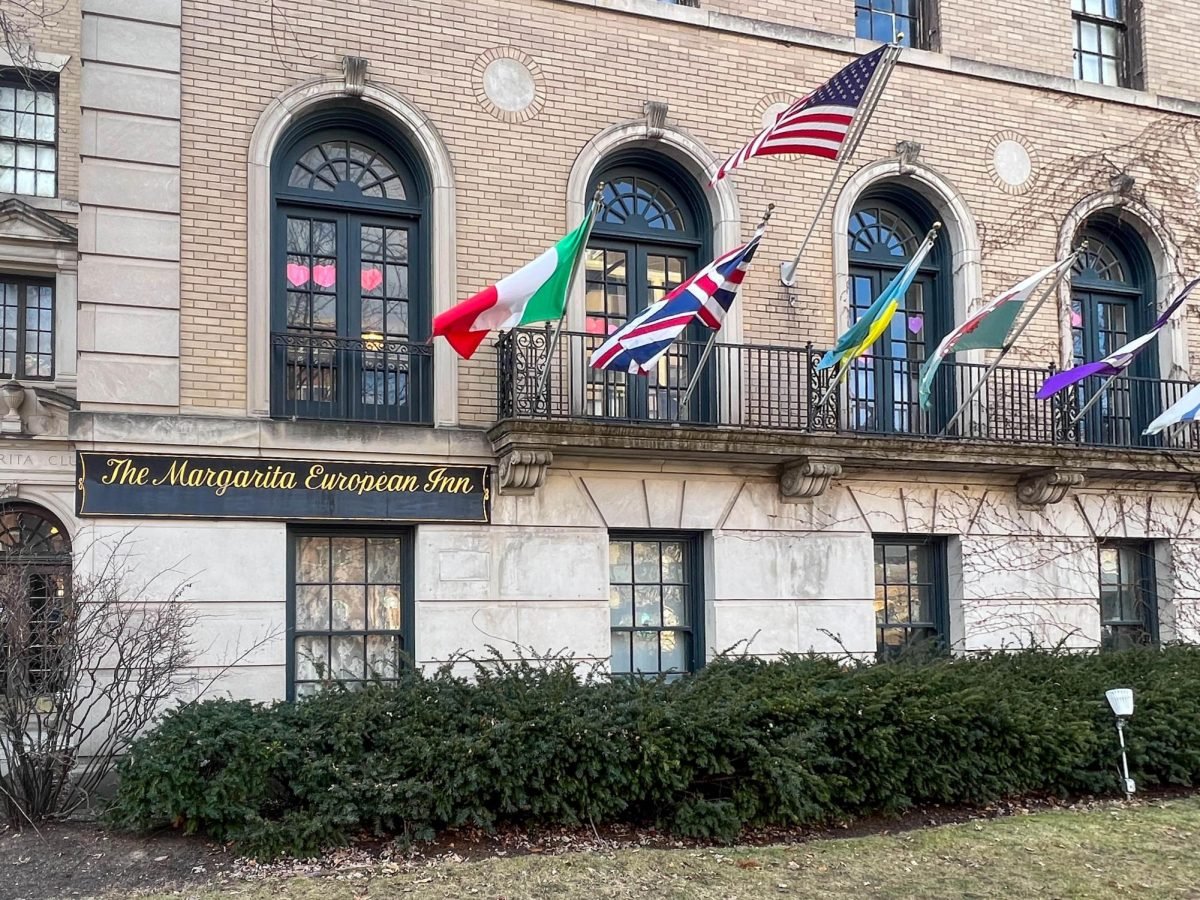Evanston Police Department will take steps to increase communication with families of homicide victims following criticism from some residents, Chief Richard Eddington announced at a community meeting Thursday night.
About 30 people gathered at Christ Temple Missionary Baptist Church, 1711 Simpson St., to discuss unsolved homicides with EPD and Cook County Crime Stoppers, a non-profit organization that works to solve crimes by gathering information through community outreach.
Activist Carolyn Murray said she organized the meeting to allow homicide victims’ families gain greater insight into the EPD’s operations and learn what they can do to change violence in Evanston. Murray’s son, Justin Murray, was shot dead Nov. 29. The case remains unsolved.
Murray said in the aftermath of her son’s death, other Evanston residents who had lost family members to homicide expressed concern about the communication they were receiving from police. Murray said there was sometimes “fuzziness” in the EPD’s communication with families.
“I saw that … what kind of relationship you had with the department might affect with the communication you received,” she said.
George McDade, the chairman of Cook County Crime Stoppers, said the organization will begin working on Justin Murray’s case this weekend. Volunteers will flyer and request information in the neighborhood where Justin was killed, near the 1800 block of Brown Avenue, McDade said. Crime Stoppers offers up to $1,000 in reward for anonymous tips from the community on homicides and other felony crimes and submits what it receives to the local police department, McDade said.
“When the community gets involved, when family and friends get involved, when it’s personal cases get solved,” he said. “That’s what it takes.”
In addition to McDade’s presentation about the Crime Stoppers model, audience members, many of whom had lost family and friends to violence, voiced questions and criticisms to Evanston police.
Those present submitted anonymous questions on cards to the EPD, and one question asked, “Why does it feel as if the EPD could care less about solving a murder or keeping in contact with the families?”
Eddington announced a new order that will be implemented in the coming weeks to increase involvement and communication with the families of homicide victims. The order will require detectives to contact the family in question one month, six months and one year after a crime is committed. The new policy is largely due to pressures from Carolyn Murray, in her effort to get more information from the EPD in the wake of her son’s death. Detectives from Evanston’s criminal investigative unit also passed out contact sheets to those who wanted more contact with the police department regarding their loved one’s homicide.
During the meeting, Eddington also announced EPD will make an arrest in the coming weeks on a homicide cold case. He described the case as “really, really old,” and declined to give any further information regarding the case.













